January 12, 2023: IRES Faculty Seminar with Patrick Meyfroidt (First Seminar of Term 2)
Traceability and Transparency for Improving the Sustainability of Commodity Supply Chains
Time: 12:30pm to 1:20pm
View video here.
Talk summary:
Sustainability impacts of commodity production such as agriculture and mining activities are associated to complex and often opaque supply chains connecting producers to consumers across the globe.
Here, I will present our work, in particular as part of the Trase initiative trase.earth, to improve traceability of supply chains, i.e. the capacity to map flows of products across the supply chain, and their transparency, i.e. the public disclosure of that information. We combine production, logistical infrastructure, customs and other data to map supply chains from subnational sourcing to importing countries, identify actors operating the supply chain (in particular traders), and attribute the associated sustainability impacts such as deforestation. I will present insights on supply chains including soy and beef from Brazil, and cocoa from Ivory Coast, and discuss key lessons but also caveats in how traceability and transparency can be crucial to designing, implementing and monitoring governance interventions to improve the sustainability of commodity supply chains.

Bio:
Patrick Meyfroidt holds a PhD in geography (2009) and a degree in sociology from Université catholique de Louvain (UCLouvain) in Belgium. Since 2016 he is Research Associate at the F.R.S-FNRS (the Belgian Research Funds) and Professor at UCLouvain.
His research focuses on how land use and more broadly land systems can contribute to sustainability. He is visiting UBC (Liu Institute – SPPGA & IRES) from August 2022 to July 2023.
November 3, 2022: IRES Professional Development Seminar with Teresa (Sm’hayetsk) Ryan
Rematriation of Indigenous Forest Stewardship
Time: 12:30pm to 1:20pm
Location: Beaty Museum Theatre (2212 Main Mall)
This seminar was not recorded.
Talk summary:
Pacific Northwest Forests have provided many amenities for thousands of years – as long as humans have inhabited these spaces. How these forests have been used over time has changed in the most recent century as Indigenous uses have been marginalized or outright displaced. Indigenous uses of the forest have been greatly misunderstood, with no small coincidence because this sentiment has expeditiously facilitated others’ uses.
The colonial dispossession of Indigenous lands and trade interrupted the ecologic and social harmony enjoyed by Indigenous people with enormous costs to them, to the natural resources, and colonial society. Traditional governance systems were ignored with attempts to dismantle many of them to be replaced by an imposed system created under the Indian Act, and other instruments. Differences between these systems in the governance of resource use are exemplified by the disconnect of social obligations for the stewardship of resources as is found in traditional social institutions. It is these ancient social institutions in the Pacific Northwest that social reproduction transmits the Indigenous knowledge of resources and the power of law.
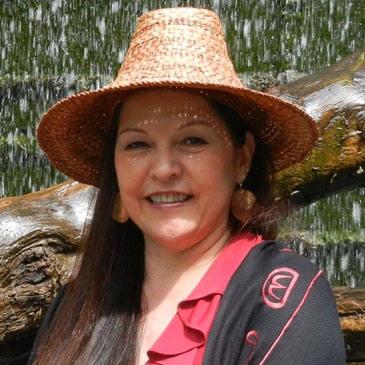
Bio:
Dr. Teresa (Sm’hayetsk) Ryan (Ts’msyen; Indigenous Knowledge Lecturer, UBC Forestry) is an ecologist specializing in Indigenous stewardship of natural resources and their interdependent connections within complex adaptive systems. She works at the forefront of forestry research to reconcile Indigenous values in projects, practices, and informing policy. Teresa is investigating relationships between salmon and healthy forests and revitalizing traditional Indigenous stewardship in the Salmon Forest Project (funded by Donner Canadian Foundation). She also works on Mother Tree Project (Simard) and is exploring old growth forests in supporting biodiversity and resiliency. Visit Teresa’s TEDxBerkley talk to hear the inspiration to her journey.
Using the ocean to fight climate change raises serious environmental justice and technical questions
January 19, 2023: IRES Student Seminar with Vincent Chireh and James Wu
1. Water Demand Management and Conservation Practices in British Columbia, Canada
2. How does framing influence preference for multiple solutions to societal problems?
Time: 12:30pm to 1:20pm
Location: Beaty Museum Theatre (2212 Main Mall)
Click here to view video.
Talk summary:
As climate change amplifies water challenges, especially in urban areas, policymakers are adopting innovative measures and practices to keep pace with water demand. Coupled with rising water demand, competing use for water, high infrastructure cost, and pollution, local jurisdictions in BC are progressively integrating demand management into water management. It is important to explore what measures are being implemented, the motivation for adoption, the impact on water pricing/billing, and affordability. Survey data from 97 local jurisdictions show that water-use restrictions, volumetric pricing, and conservation campaigns are the measures cities and municipalities commonly implement. Even though metering presents a clear chance to monitor, measure, and regulate residential water use, many jurisdictions face financial and personnel challenges in implementing it. Public engagement, financial stability, and effective planning can assist in ramping up WDM to reduce wasteful water consumption and save the environment.
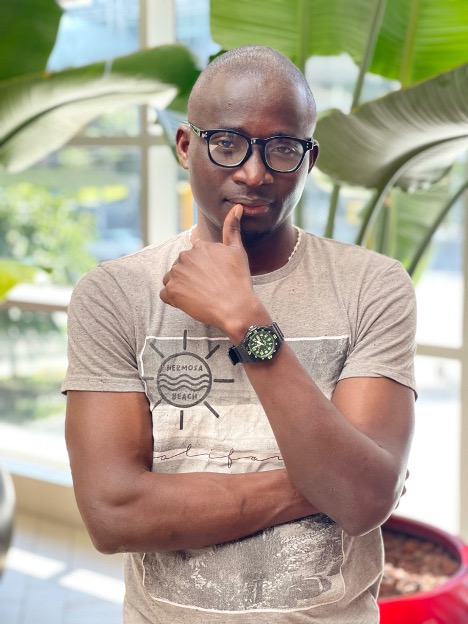
Bio:
Vincent is a PhD Candidate at IRES in UBC, working under the supervision of Leila Harris and Jordi Honey-Rosés. His research broadly focuses on water governance, global climate change, environmental sustainability, and political ecology. His PhD project explores the social equity implication in water governance policies in BC in the context of regulating demand and conserving water in response to climate change. He has also collaborated with BC municipalities to explore strategies to implement climate policies to achieve equitable outcomes. His research agenda builds on this foundation to explore social equity in environmental management, including resource management, climate mitigation and adaptation.
Talk summary:
Solutions to environmental and social problems are often framed in dichotomous ways, which can be counterproductive. Instead, multiple solutions are needed to solve the problem. Here we examine how framing influences people’s preference for multiple solutions to environmental and social problems. In a pre-registered experiment, participants (N=1,432) were randomly assigned to one of four framing conditions (multi-cause frame, multi-impact frame, multi-solution frame, and control). In the first three conditions, participants were presented with a series of problems (e.g., climate change, plastic pollution, homelessness, police reform), each framed with multiple causes, multiple impacts, or multiple solutions to the problem. The control condition did not present any framing information. Participants indicated their preferred solution, perceived severity and urgency of the problem, and their dichotomous thinking tendency. Pre-registered analysis showed that none of the three frames had a significant impact on the preference for multiple solutions, perceived severity, perceived urgency, or dichotomous thinking. However, exploratory analyses showed that perceived severity and urgency of the problem were positively correlated with people’s preference for multiple solutions, but dichotomous thinking was negatively correlated with multi-solution preference. These findings show a limited impact of framing on multi-solution preference. Future interventions should instead focus on increasing perceived severity and urgency, or decreasing dichotomous thinking to encourage people to adopt multiple solutions to address complex environmental and social problems.
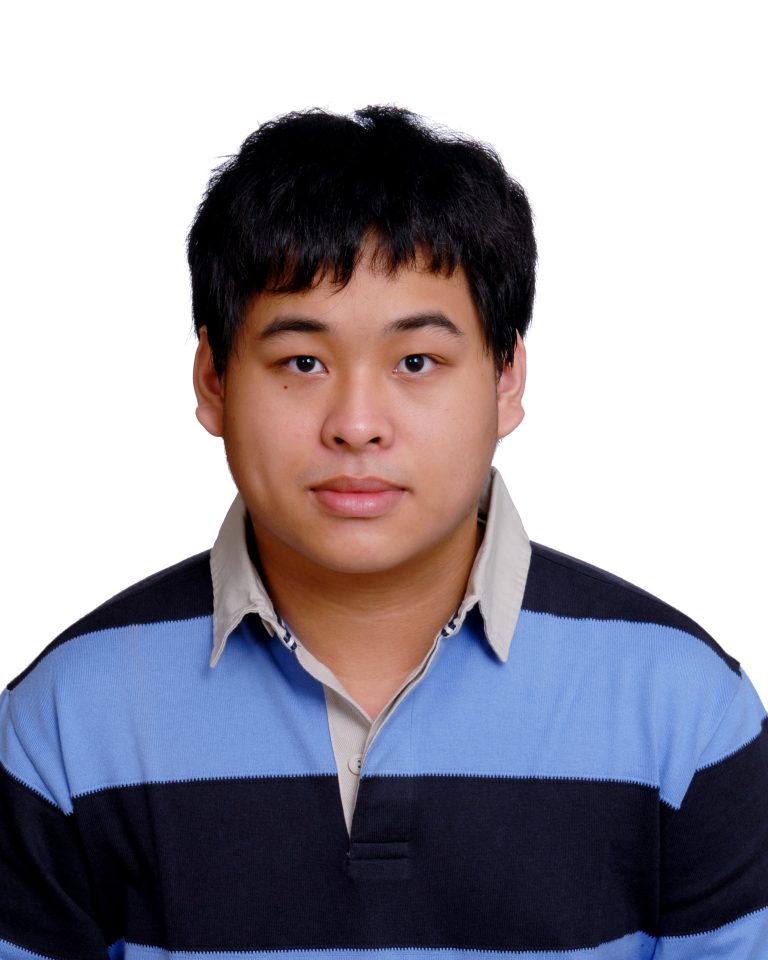
Bio:
James Wu is a Master of Science student at IRES under the supervision of Dr. Jiaying Zhao and Dr. Claire Kremen. His current research focuses on behavioural interventions aimed at reducing dichotomous thinking and promoting a multi-solution approach to important societal issues (e.g., climate change, plastic pollution). James is also an ecologist by training, and has been involved in projects that examine the interplay between biodiversity, agricultural intensification and crop productivity, as well as how climate change generates trophic cascades.
Seminar Cancelled — October 19, 2023: IRES Faculty Seminar with Tabitha Robin (speaker is sick)
This seminar is cancelled. The speaker is sick. Sorry for the inconvenience.
Talk summary:
Historically and contemporarily, colonial policies and prejudices have deeply affected Indigenous food systems and thus Indigenous bodies. For Cree peoples in Manitoba, these policies include the criminalization of practicing traditional medicines, residential schools and land dispossession in the name of development. However, despite the challenges and interruptions to food and cultural systems, Cree Elders understand food to be sacred, and moreover, a healer. This qualitative study, grounded in Indigenous research methodologies, sought to investigate the role of food in Cree culture, through understanding how Elders incorporate food into their helping and healing practices. Using metaphor to make meaning of the Elder stories, this research articulates the role of food in Cree culture: through feeding oneself, one’s ancestors, and one’s community. The Elders revealed the rich depth of Cree food knowledges that underlie Cree culture, from star stories, language, and grieving ceremonies to knowledge of plant and food medicines. This presentation is an exploration of Cree guidance for revitalizing and rebuilding Cree food systems as part of a larger Indigenous food sovereignty framework.
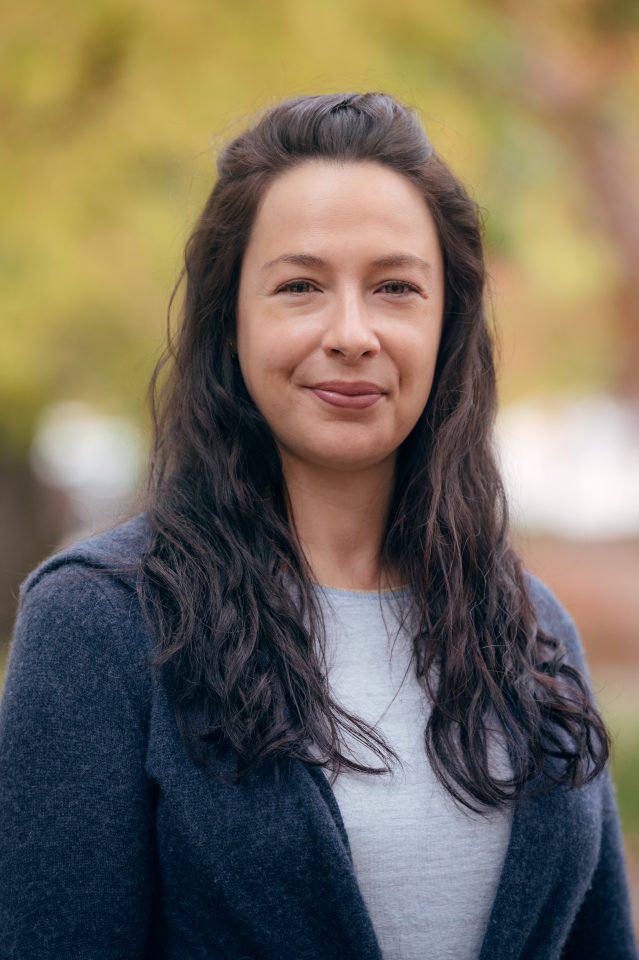
Faculty of Land and Food Systems
Bio:
Tabitha Robin is a mixed ancestry Metis and Cree researcher, educator, and writer. She is an Assistant Professor in the Faculty of Land and Food Systems at the University of British Columbia. She spends much of her time learning about traditional Cree food practices.
February 2, 2023: IRES Professional Development Seminar Series with Nivretta Thatra
Science Communication Skills: Lay Abstracts and Digital Profiles
Time: 12:30pm to 1:20pm
Location: Beaty Museum Theatre (2212 Main Mall)
Click here to view video.
Talk summary:
Help improve the reach of your research and your skills! Communicating your work to a wider audience can help inform policy and society, and gets you hired. Join Nivi Thatra for this free workshop covering how to
1- write a lay abstract/summary of your research, which is a requirement for all UBC grad students when submitting your dissertation and,
2- getting starting with or refining your professional online presence.
Please bring a research topic, paper, or online profile (IRES profile, Twitter, LinkedIn, and/or ORCID iD, ResearcherID and/or Google Scholar profile) on which to practice your newfound skills. This hour is for YOU… use it to check off part of your dissertation, prep for a presentation, or update your professional profiles.
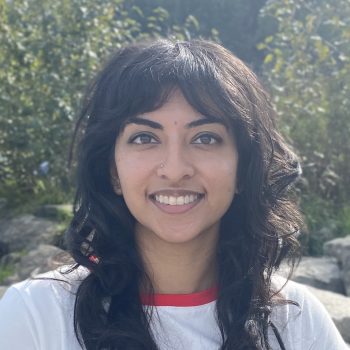
Bio:
Nivi is a communicator with a scientific sense of curiosity. After 10 years learning about and working in neuroscience, Nivi now broadens the reach of academic research at IRES by writing, posting, and sharing the department’s interdisciplinary efforts towards a more sustainable future.